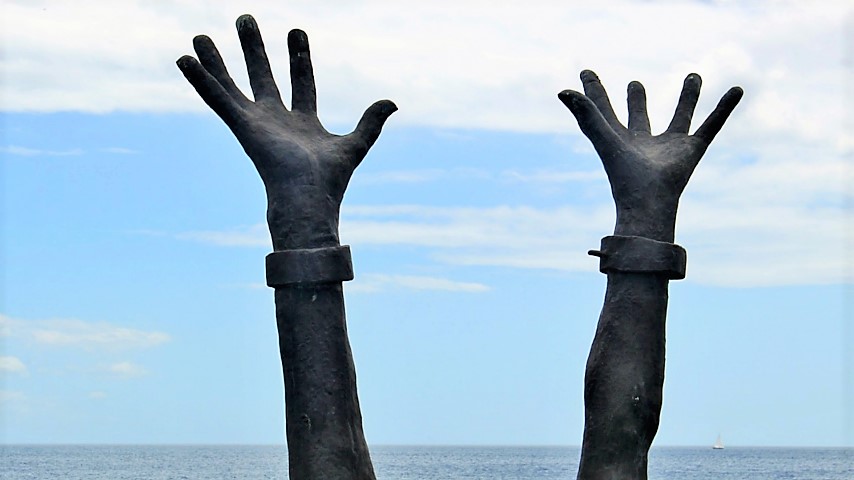On 23rd July the response to consultation regarding caste and equality law was published. In summary, the consultation findings of ‘Caste in Great Britain and equality law: a public consultation’ are that, in relation to discrimination, caste will not be specifically legislated as an aspect of race.
What is caste?
According to Acas, caste usually refers to the social levels in certain cultures and racial groups, where people’s positions in society are fixed by birth or occupation and are hereditary.
Social class or race?
The Equality Act 2010 states that the protected characteristic ‘race’ currently covers: colour, nationality and ethnic or national origins. Section 9 (5) of the EA 2010 discusses ‘caste’ and whether it should also be included.
The consultation asked numerous questions, including whether caste was sufficiently covered under ‘ethnic origins’, and what kind of impact legislating for ‘caste’, as an aspect of race, would have.
Amongst other things, it was found that:
• There is not a generally accepted legal definition of ‘caste’, which would be problematic
• Caste can be linked to the sensitive issue of ‘social class’
• Currently there is relatively little case law specifically on caste discrimination.
Case law and unlawful discrimination
Overall, it has been deemed that making caste a specific element of ‘race’ under the Equality Act 2010 could be more divisive than leaving it out. Instead, it is appropriate to continue to allow case law to determine the stance that should be taken on any unlawful discrimination that may arise in relation to caste.
As caste will not be included in legislation as an aspect of race, section 9 (5) (a) of the Equality Act 2010 will be repealed at an early opportunity, to exclude the requirement for a Minister of the Crown to provide for caste as an aspect of race.
For HR advice and workplace policy documents call HR Solutions on 0844 324 5840 or contact us online to find out more.


